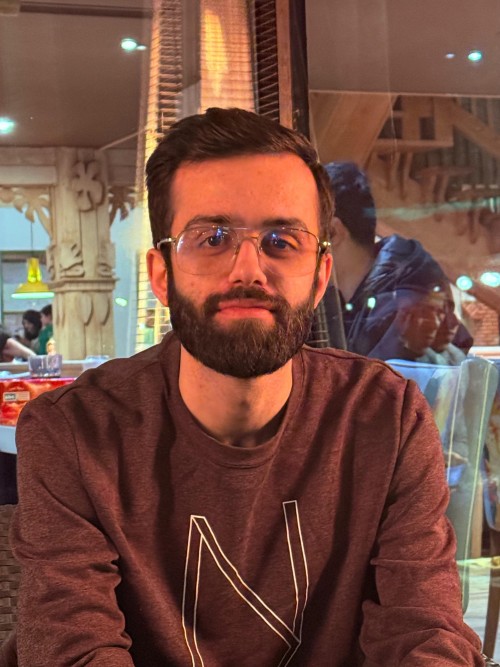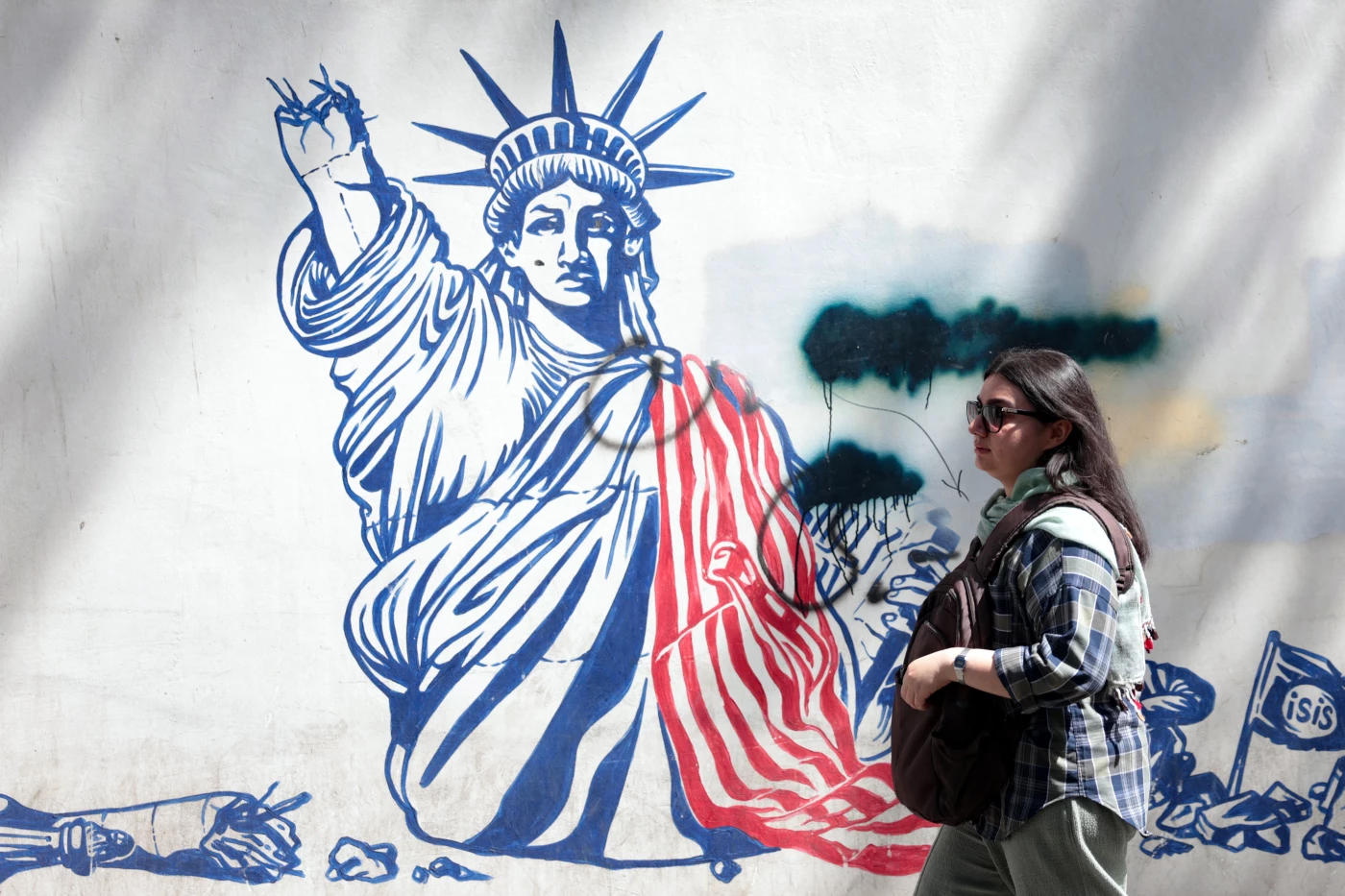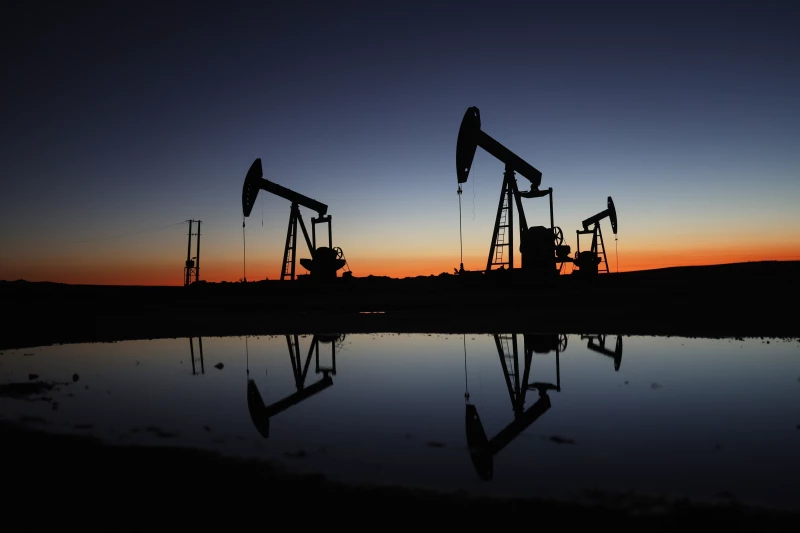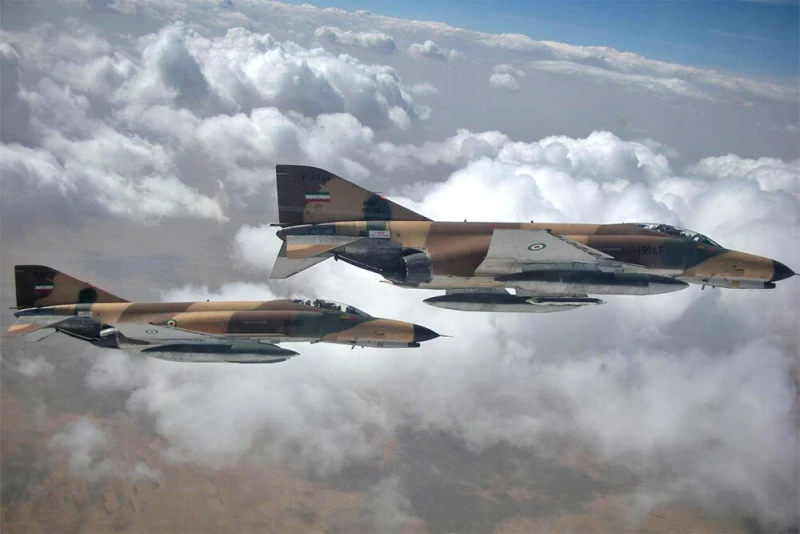ERBIL, Kurdistan Region of Iraq – Iranian Foreign Minister Abbas Araghchi on Sunday said that Iran has “no room for compromise” on nuclear enrichment, but they would be open to introducing limitations as a token of goodwill after the conclusion of a fourth round of negotiations between Iran and the US in Oman.
Iran and the US came together on Sunday for the fourth time to discuss Iran’s nuclear program, more than two weeks after conducting a third round of negotiations in late April around the same subject. Sunday’s meeting saw positive reflection from both sides with anticipation of a potential fifth round.
Araghchi told Iranian state TV in Muscat after the meeting that “enrichment... must continue and there is no room for compromise on it," but expressed his country’s openness to introducing limitations in a bid to “help build trust” between the two negotiating sides.
The US for their part, also showed contentment with the course of the meeting, with a senior US official, speaking on condition of anonymity, telling The New Region that they are “encouraged by today's outcome and look forward to our next meeting,”
The US official revealed that another meeting “will happen in the near future,” while describing Sunday’s meeting as “both direct and indirect.”
Iranian Foreign Ministry spokesperson Esmail Baghaei in an X post on Sunday evening described the talks as “difficult but useful… to better understand each other's positions,” detailing that the "next round will be coordinated and announced by Oman."
Much like this time around, both sides have struck a positive tone when describing their previous three meetings, Sunday’s meeting however was initially postponed after the third meeting in Muscat in late April, with Oman citing “logistical reasons”.
Araghchi in late April said that talks are “much more serious than in the past,” following their third get-together with the high-level Washington envoy, adding that they have “gradually entered into some more detailed, technical discussions.”
Going into the fourth round of talks Iranian state media reported that “doubts have arisen about the goodwill and seriousness of the United States in these negotiations,” due to US President Donald Trump’s continuous implementation of his “maximum pressure” campaign against Tehran and recent remarks by US Envoy to the Middle East Steve Witkoff, who also heads the US’ delegation in the nuclear talks.
Witkoff said in the days leading up to the Muscat meeting that “an enrichment program can never exist in the state of Iran ever again. That’s our red line. No enrichment. That means dismantlement,” during an interview with Breibart, warning that if Sunday’s talks don’t lead to progress, “then they won’t continue and we’ll have to take a different route.”
Araghchi however has maintained that the issue of nuclear enrichment is “non-negotiable” for Iran.
The US and Western powers have sought robust assurances that Iran is not pursuing nuclear weapons, while Tehran maintains that its nuclear program is solely for peaceful purposes and that it has no plans to develop nuclear weapons.
Entering the Muscat meeting however, “the US has acknowledged Iran does not possess nukes,” according to a Wednesday X post from Ali Shamkhani, senior advisor to Supreme Leader Ayatollah Ali Khamenei.
During his first term in 2018, Trump walked away from a landmark nuclear deal with Iran, which was introduced three years earlier in 2015 by his predecessor Barack Obama. Known as the Joint Comprehensive Plan of Action (JCPOA), the deal provided sanctions relief to Iran in exchange for the placement of curbs on Iran’s nuclear program.
According to the International Atomic Energy Agency (IAEA), Iran currently holds over 8,000 kilograms of enriched uranium, of which 274.8 kilograms is at 60 percent purity—far surpassing the JCPOA's limits.



 Facebook
Facebook
 LinkedIn
LinkedIn
 Telegram
Telegram
 X
X


